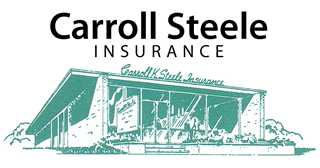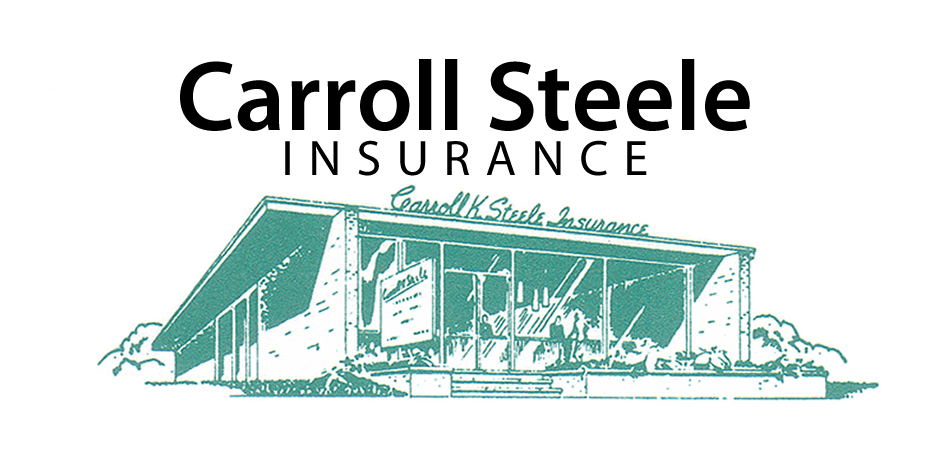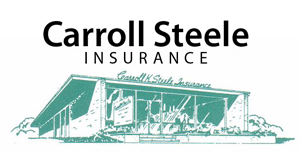A General and Professional Liability Comparison
One of the most misunderstood insurance products for many business and professionals is professional liability. More often than not when reviewing a potential new client I find the lack of professional liability and the false thinking that the general liability coverage they do have covers them adequately. This may be true for some businesses, but for some, like consultants and advisers, general liability does nothing to protect you from liability related to your professional expertise.
For some, general liability is thought to be the catchall for liability exposure and for others professional liability is thought to be ‘over kill’ and unnecessary. As long as they have general liability coverage they think they’re covered. Doctors, lawyers and board directors can attest to the necessity of professional liability, but for those who aren’t as exposed to liability associated to their profession as these examples it’s hard (unless you have a good resource like your independent agent) to know when it’s necessary to carry general and/or professional liability coverage.
General Liability
First, let’s start with General Liability. Pretty much every business should have general liability insurance because it will protect your business from a bodily injury, property damage, personal injury or advertising injury claim. It will kick in and protect your company, up to the limits you carry, from financial loss resulting from your, assuming unforeseen, negligence.
Okay, so what does that exactly mean? Let’s say you’re a toy manufacturer and the paint used for your toys contains a chemical that’s causing kids who ingest the paint to get sick. Before you know it lawsuits start rolling in. The cost to defend your company and any possible pay outs, if found negligent, would, in most cases, be covered by a general liability policy.
Excess Liability – When Your Liability Limits Aren’t Enough
However, a couple things to keep in mind. First, the liability is only good to the limit that you’re covered. In most cases, a business will buy general liability coverage for 1 to 2 million (which is usually the limit on a standard policy) and then seek additional liability coverage in what’s called an ‘excess liability’ or ‘commercial umbrella’ policy. An excess liability policy can extend the coverage as high as any insurance company is willing to go. The usual coverage on an excess liability or umbrella policy is between 5 and 10 million, but in certain cases can be bought at much higher levels.
Professional Liability
Now that we have an understanding of what general liability covers, let’s talk about Professional Liability. Whether called Professional Liability, Malpractice Liability, Directors and Officers Liability, or Error’s and Emissions Liability they all relatively provide the same coverage- give or take a few slight differences. Some profession, like the medical field get their own label for professional liability (medical malpractice), but in the end they all do the same thing- provide liability coverage from negligence, misrepresentation, violation of good faith and fair dealing, and inaccurate advice as a professional.
Average Litigation Awards For Certain Occupations
- Funeral Homes: $60,000
- Clergy: $1,600,000
- Legal Malpractice: $643,000
- Psychiatrist/Psychologist: $639,000
As a professional you’re hired for your expertise of a certain field and clients depend on your particular knowledge and based on that knowledge. Unfortunately, sometimes advise or guidance you provide as a professional in your field could result in a financial loss to your client. Loss could be an actual financial loss, or damage to a reputation resulting in an indirect financial loss. If it is found that your guidance was the result of your client’s negligence then you could be held responsible. Professional Liability would, in this example, protect you from possible negligence on your part.
In addition, as a professional you are expected to perform the agreed services for which you were hired. Failing to do so could also cause you to be held responsible for any harm caused to another person or business. A general example of this is the recent Gulf oil spill. Contractors hired by BP to do certain tasks might not have followed normal procedures, or agreed procedures in contracts with BP. The result was devastating to those who died in the accident, the environment, local communities and in the end a financial disaster for BP. Because the procedures may not have been followed as agreed some of these contractors could very well be held liable for loses BP incurred. Professional Liability would give these contracted companies some protection from financial lose. Then again, this is a good example for general liability as well. Bodily injury to anyone would be covered under the general liability coverage- assuming the contractor had it.
Professional Liability – Do I need it?
It depends on your profession and what you’re doing. If you consult, or provide expert advise and services to client who, in turn, provides a product or service to several, or hundreds of other individuals or businesses you could be at a higher risk of any one of your clients customers suing you. One thing to remember, at any time and for reasons that might not be related to you, a dissatisfied individual, either directly yours or as a third party through a client can choose to bring a complaint against you. As a general rule, claimants sue as many individuals as possible — that includes you and your business. And lawsuits can drag on for several years and until you end up being exonerated or found negligent you will have to pay for the legal expense until some resolution is made. So, think about how much could be out of your hands when it comes to your clients actions and the possibility of getting dragged into a lawsuit, whether or not your liable or not, that could financially cripple your business.
Claims Made vs. Per Occurrence
One last thing I want to point out in this article is the difference between ‘Claims Made’ and ‘Per Occurrence’ liability coverage. In order to protect yourself correctly and effectively you must understand the difference.
Claims Made
A Claims Made policy is pretty simple; it will only cover a loss during the time the policy is in effect. One key important factor I always remind my clients is once the policy expires, any claims that have not been reported during the policy term will not be covered. If for some reason you’re planning on letting your liability coverage expire (i.e. switching companies for a better price) you have an opportunity to purchase extended reporting time endorsements to give yourself a little more time in case a claim comes in after the policy expires. However, the lesson here is really to NEVER have your policy expire, or more importantly avoid any gaps in coverage.
Per Occurrence
Where a claims made policy won’t let you file a claim after the expiration date, a Per Occurrence or occurrence policy will let you report a claim today on a policy that expired days, months even years ago. Though more expensive and not as common as a Claims Made policy they do serve a very important purpose for certain trades and industries that need to protect themselves from any future claims that may occur from something they did in the past. Then again, as long as maintain liability coverage you shouldn’t need this type of coverage.
In then end, when shopping for liability insurance for you or your business it’s vital to ask the right questions. A good insurance agent will ask those questions and guide you in finding the right liability coverage.



